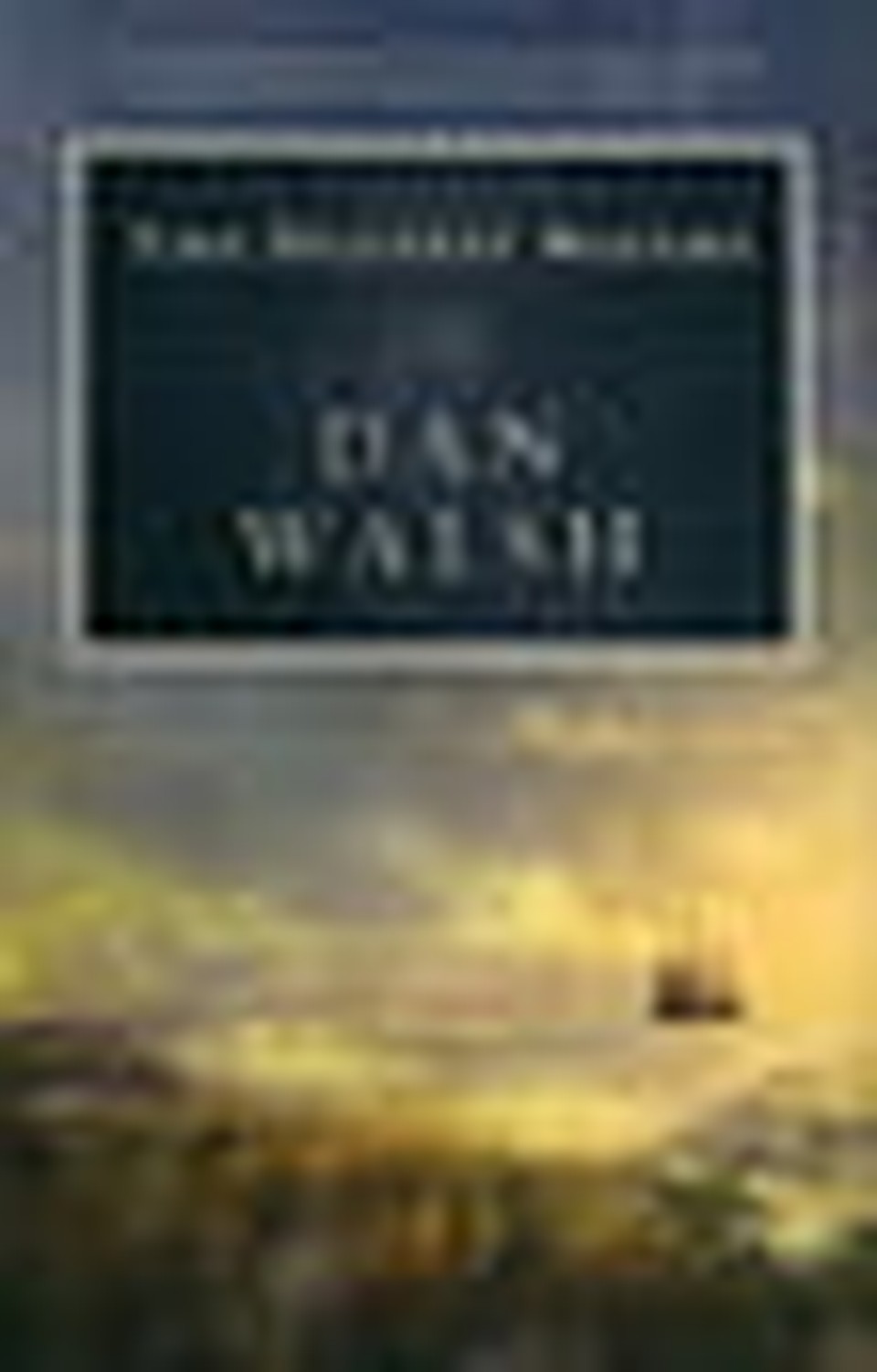Forgiveness, Hope Found in The Deepest Waters

Author: Dan Walsh
Title: The Deepest Waters
Publisher: Revell
It’s 1857, and newlyweds John and Laura Foster have just embarked on a romantic honeymoon cruise from San Francisco. Their vessel, the SS Vandervere, heads south through the Panama Canal and up around the east coast of America, destination New York City. But a hurricane off the Atlantic coast abruptly ends their dream, separating the young couple and plunging them into a nightmare. Laura is rescued, with the other women and children, while John is left on the sinking ship.
Dan Walsh takes readers through a tense, suspenseful series of events, asking us to consider more than “Will John survive?” He requires us to consider deeper issues than mere life and death—such as, how does a survivor move on? Or, what roles do forgiveness and hope play in our relationships? What about honor and honesty? The character of believers becomes a central theme.
Due to the plotline—in which John is lost at sea almost from the beginning—Laura becomes the main character for the majority of the story. We learn about their relationship and recent marriage through a series of flashbacks. Punctuating the present action—Laura’s rescue and subsequent journey to New York—these flashbacks also serve to prolong the drama and increase tension. An effective technique.
Walsh, author of The Unexpected Gift and The Homecoming, was inspired to writeThe Deepest Waters by a true story from 1857. The SS Central America, a paddle-wheel steamship laden with gold from San Francisco, sank in a hurricane on her way to New York City. Most of the major events in his story correspond to true, documented details from the historical ship’s adventure. While he does take liberties with many details (it is a work of fiction, after all), the historical foundation naturally constrains him to certain parameters.
One of those boundaries involves the time in history in which his story takes place—a few years before the Civil War. Two major themes are brought into play: social class distinctions, and slavery. Laura must navigate the deep waters of New York’s high society as she meets John’s family for the first time … without him by her side.
And the national tension over slavery plays out on a personal level, with Laura befriending Micah, the slave on her rescue ship who cares for the survivors. The prickly issue of Christians owning fellow Christians becomes an interesting and fulfilling subplot. In fact, Micah’s role increases steadily until readers care as much about his welfare as they do about Laura’s future.
Movie buffs will recognize and enjoy a bit of Titanic and Castaway flavor. Walsh creates a memorable supporting cast, of which Micah is the most well rounded. Others, however, appear mere foils and useful plot movers.
Comparisons to Nicholas Sparks are somewhat premature. Walsh has not perfected the art of romantic fiction like Sparks has, but he holds definite promise. Future novels that are not obliged to follow historical facts so closely should give him more freedom in character and plot development. Fans can anticipate his continued growth as a storyteller.
Yes, men really can write romance…
Originally published May 02, 2011.




